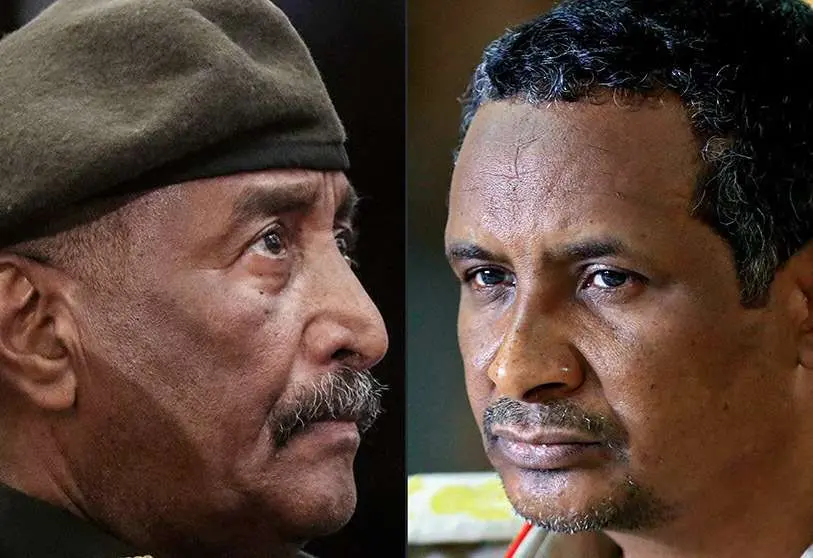Sudan: on the verge of civil war

The stability that seemed to have been installed two years ago, after the overthrow of President Omar al-Bashir, followed by a period of incidents and clashes that culminated in an agreement in 2021 between the armed forces that had been sustaining a dictatorial regime under the ambiguous promise of elections, has exploded over the weekend with clashes that left dozens dead.
Negotiations over the weekend have not defused the situation. On Monday, both Khartoum, the capital, and several of the country's major cities woke up in a state of full-blown civil war as they fought over airports, television and the very seat of government that the rebels failed to occupy. The two sides clashed in the streets with a heavy artillery deployment and at times also with the intervention of the air force bombing specific targets.
It is all rather confusing when one delves into the origins of the clashes between the militaries that had been sharing power since 2021. The severity of the fighting, most of it urban, has resulted in a very high number of civilian casualties, while the population remains confined to their homes without electricity, running water or access to basic commodities such as food and medicine. The information available establishes the conflict between the two generals who held the presidency and vice-presidency of the military junta that shared the government.
Each controlled two sectors of the Armed Forces, which are now playing a leading role in the confrontation, each with the means he controlled. These are General Abdel Fattah al-Burhan, head of the 140,000-strong regular army and Sudanese Armed Forces (who holds the presidency), and General Mohammed Hamdan Dagalo, popularly known as Hemedti, head of the paramilitary units, known as the Royal Support Forces, a militia with between 80,000 and 120,000 armed and trained members.
The situation has raised concerns among neighbouring countries, especially in Egypt. Doubts lie in the difficulties of curbing the war that has broken out in practice. Both sides have the means and forces at their disposal to prolong the fighting, which is aggravated by its urban nature and has spread throughout the territory. The prestigious military analyst and connoisseur of the region Roland Matcha predicted in Le Monde that the chances of the Popular Forces are slim in the face of a better equipped and more cohesive Armed Forces.

